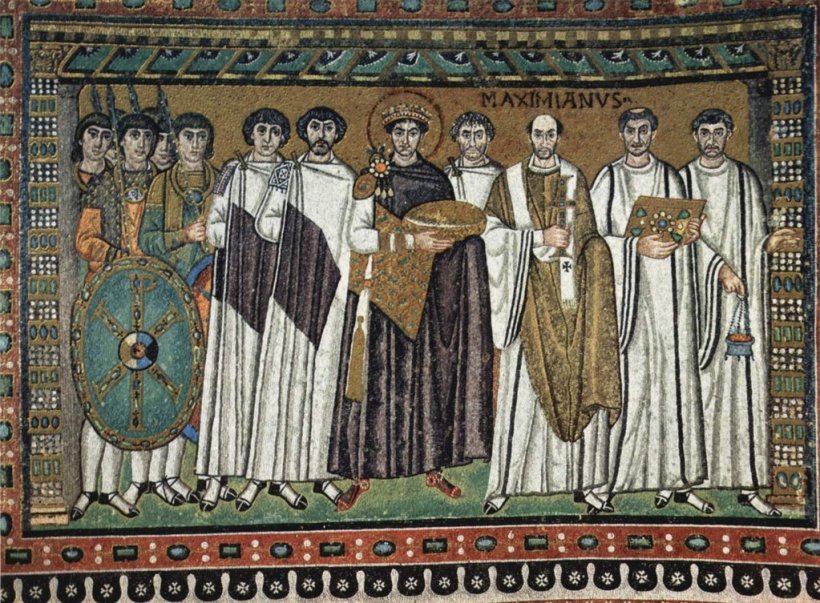This blog has been very quiet for various reasons, but notably because I've been working on a comic! A total of four parts are available to read on Tapas, and you also read it on my own website. https://tapas.io/episode/3020792 You can also follow me on Instagram for further updates at https://www.instagram.com/nogrodworkshop/ Out of Body is [...]
Against Perennialism
In my last post on René Guénon and the Vedanta, I touched upon his problematic approach to human nature and his attitude towards all conditions and limitations upon being. While I stressed that one of the greatest strengths of Guénon's oeuvre is its critique of materialism, I also gave some guarded praise for his exposition [...]
Regarding the Platonic Soul and ‘Tolkien’s Dialectic’:
A recent discussion with Carl Lingard on the nature of Tolkien’s “secret grammar” led to the question of whether Plato’s teaching on the soul might be mapped onto what Lingard calls ‘Tolkien’s Dialectic’.1 In Plato’s understanding, the soul is made up of three “parts”; reason, will, and appetite. These correspond respectively to the head, the [...]
Tolkien and Hyperborea – The Four Ages of Middle-earth
It is somewhat surprising, given the popularity of Tolkien’s works, that relatively little attention has been paid to some of the supplementary artwork for The Lord of the Rings and the Silmarillion. Among the more intriguing pieces produced by the author are the heraldic designs for the various Elven houses. To my mind, no one [...]
René Guénon and the Vedanta
Now known as the founder of the traditionalist school, René Guénon would probably have objected to this title, insofar as any “ism” implies a historically contingent, ideological movement. A certain resistance to the particulars of history is characteristic of his thought, given its firm basis in a metaphysics that infinitely transcends all contingency. That said, [...]
From Bruno to Descartes – The Problem of “Infinite Space”
In his five dialogues on Cause, Principle and Unity, the Renaissance philosopher Giordano Bruno cites the famous idea that a circle of infinite size is a straight line. He uses this aphorism, attributed to Nicolas of Cusa, as a justification of his own theories of the universe consisting of infinite space. At first hearing, this [...]
Why does Lancelot become a Werewolf?
An Analysis of Charles Williams’ The Son of Lancelot In William’s poem The Son of Lancelot, we are treated to a dramatic tableau of pagans dancing on the Palatine hill in Rome during the Lupercalia festival. This is led by vicars of Rhea Silvia, the mother of Romulus and Remus, who conceived the twins after [...]
George Benjamin’s Written On Skin – Analysis of a Scene
Wagner’s Parsifal – A Musical Analysis
https://youtu.be/DJwf8xsg_zg In this video, I’m looking at the prelude to the third act of Parsifal, the last music drama by Richard Wagner, and one of my favourite pieces of music. I won’t go into too much depth of analysis, but I do want to note a few things that may help us to appreciate the [...]
Billy Budd – A closer look at the score
https://www.youtube.com/watch?v=4ZhTAcO0r9o I want to look at a particular passage from Benjamin Britten’s great opera, Billy Budd, to see how we can learn from his orchestral writing. Billy Budd is a truly masterful work, and really rewards repeated listening; I recommend especially the 1966 BBC production that is, at least currently, available on YouTube, if you’re [...]








